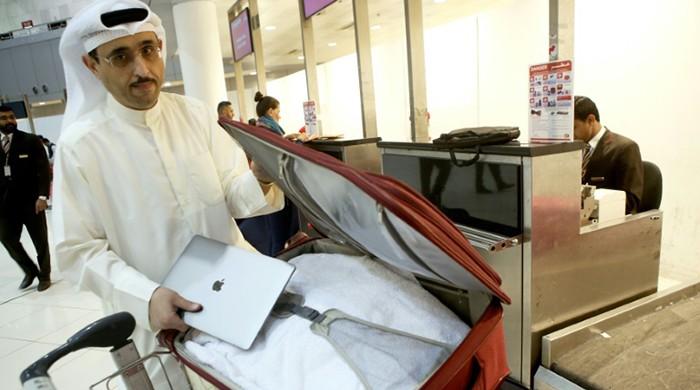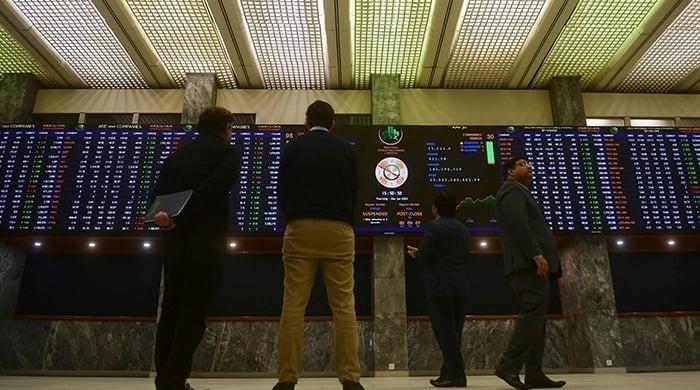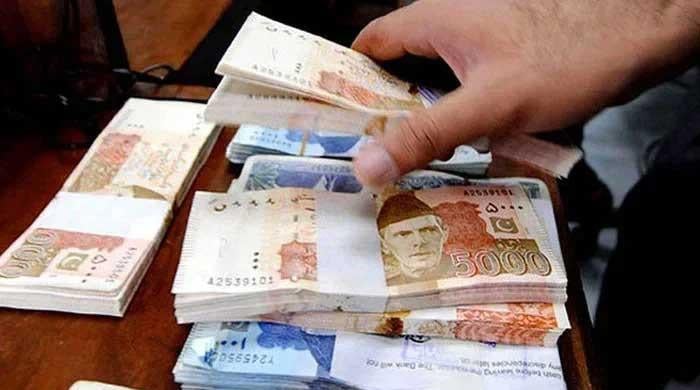Laptop ban creates turbulence for airline profits
The British ban affects 14 airlines
March 24, 2017

A carry-on ban by Washington and London for laptops on flights from some airports will hit the profits of affected airlines, especially the lucrative business class segments of Gulf carriers, analysts said Thursday.
Washington decided to ban electronic devices bigger than mobile phones on direct flights to the United States from 10 airports in seven Middle Eastern countries and Turkey. Britain followed with a similar ban from five countries from the Middle East, northern Africa and Turkey.
"It's unusual to a have a security measure that is geographically selective," said Bertrand Mouly-Aigrot, an associate at Archery Strategy Consulting, which specialises in the security and transportation sectors.
"One of the probable knock-on effects is that certain travellers will turn to other companies" for their trips to the United States but "if the threat is there, it could be shifted to connecting flights," he told AFP.
In addition to the risk of losing passengers and suffering a nosedive in client satisfaction, the impacted airlines will also have to bear the costs of checking in and screening more luggage, said experts.
Banning laptops and other electronic devices in cabins should in theory reduce the risk of their being used to hide a bomb, as scanners for checked luggage are usually more sophisticated.
The US ban affects around 50 flights per day from nine airlines: Royal Jordanian, EgyptAir, Turkish Airlines, Saudia, Kuwait Airways, Royal Air Maroc, Qatar Airways, Emirates and Etihad Airways.
The British ban affects 14 airlines: British Airways, EasyJet, Jet2.com, Monarch, Thomas Cook, Thomson, Turkish Airlines, Pegasus Airways, Atlas-Global Airlines, Middle East Airlines, Egyptair, Royal Jordanian, Tunis Air and Saudia.











